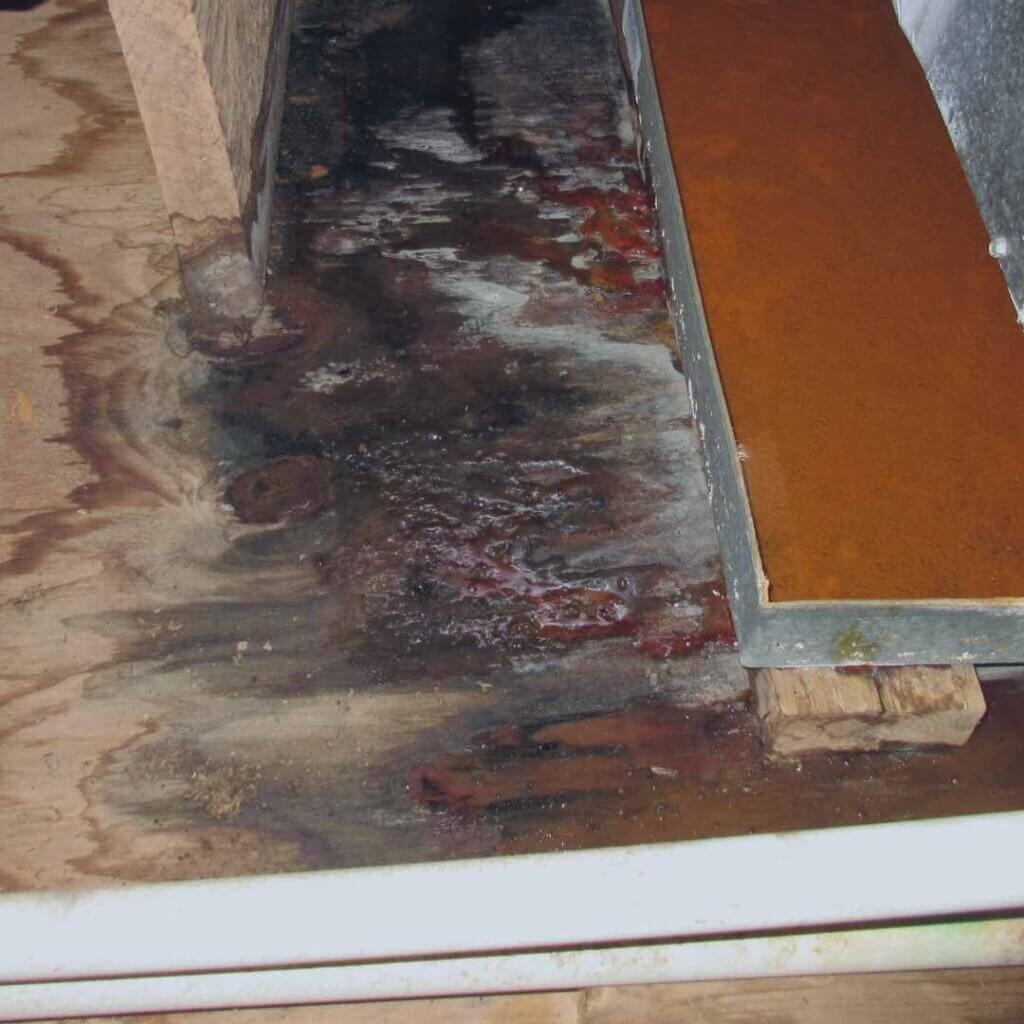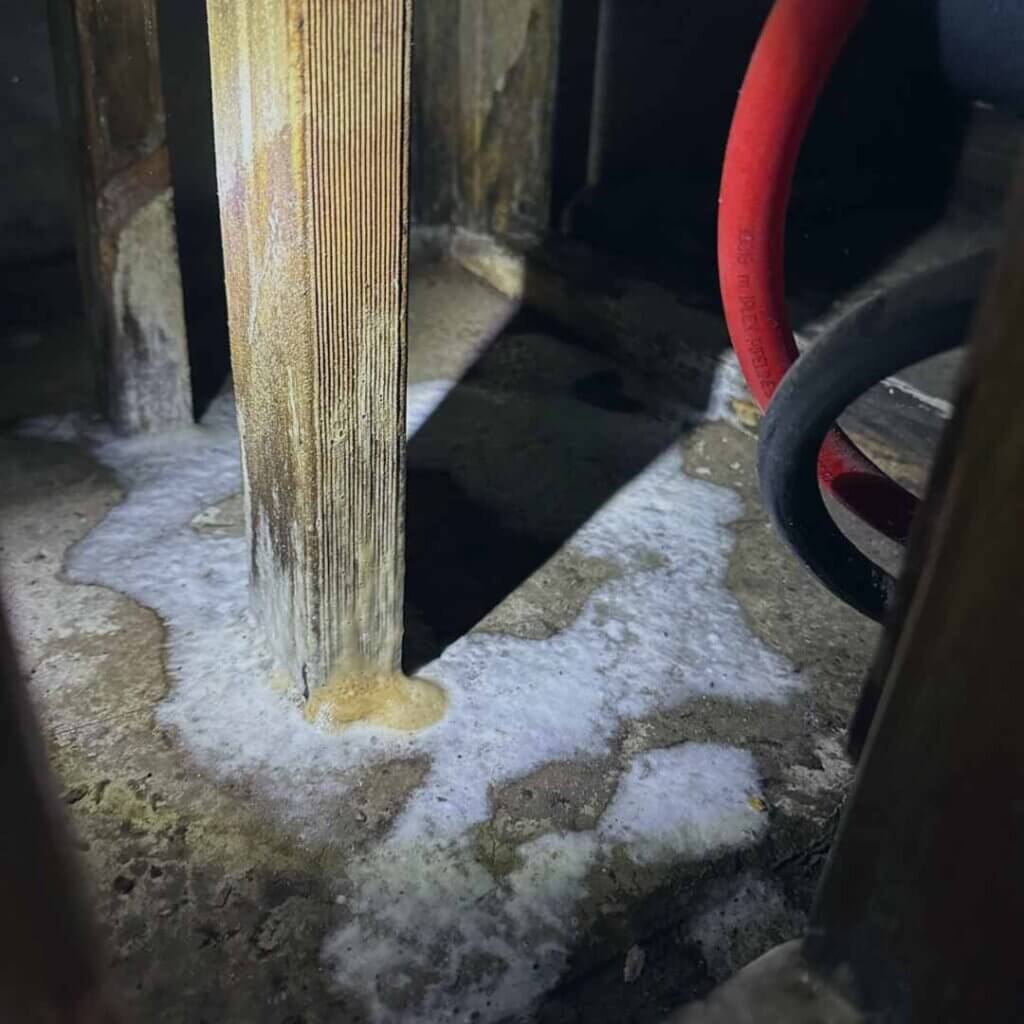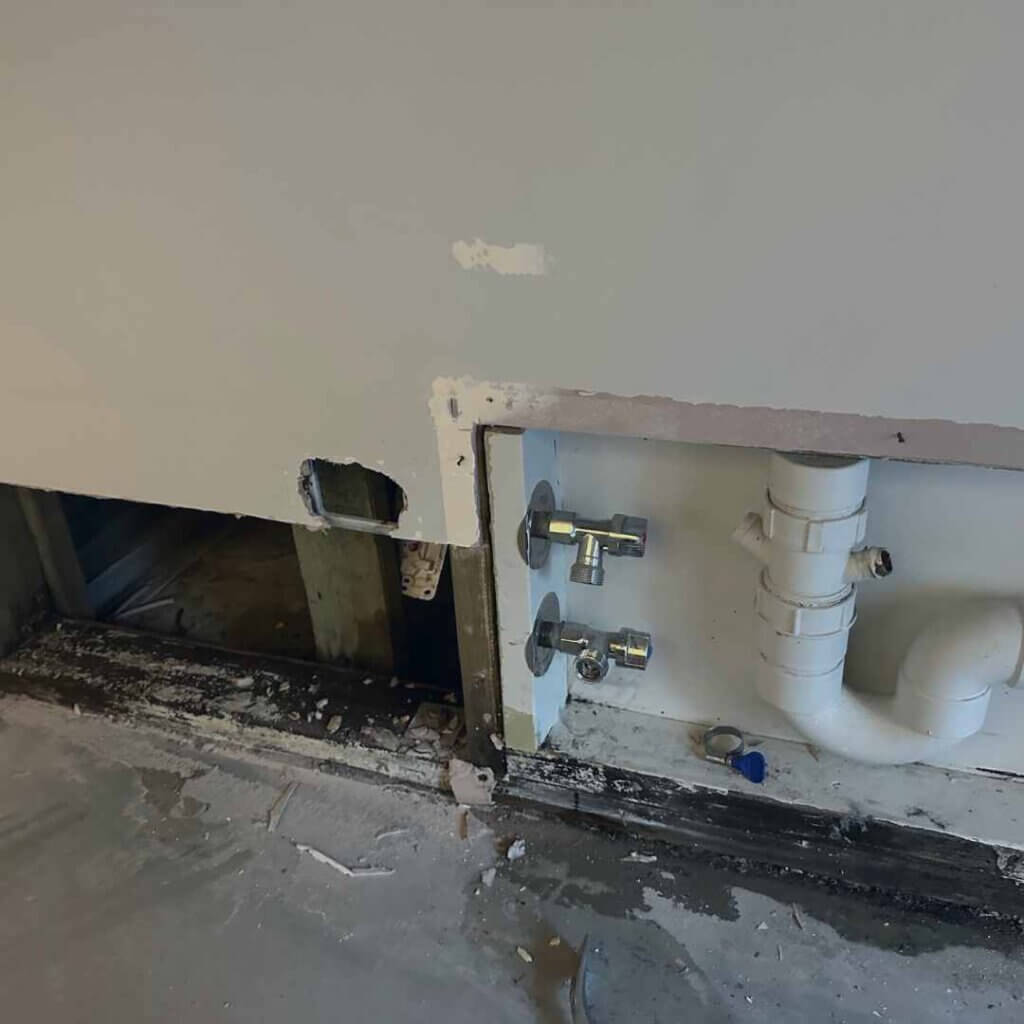Water Restoration: How Water Damage Can Affect Air Quality?
Water Restoration: How Water Damage Can Affect Air Quality?
Water damage is a common problem that many homeowners, tenants, and property managers face. It not only causes structural damage but can also have a significant impact on the quality of indoor air without proper water restoration. In this article, we will explore the various ways in which water damage can affect air quality and discuss the potential health risks associated with it. Understanding these effects is crucial for individuals to take the necessary water restoration steps to mitigate water damage and maintain a healthy living environment.
The Affects on Air Quality
Water damage can lead to a variety of issues that directly impact the air we breathe. Let’s delve into the different ways in which water damage can affect air quality and the need for water restoration services:
Mould Growth and Spores
One of the most common consequences of water damage is mould growth. Moisture creates an ideal environment for mould spores to thrive and reproduce rapidly. Mould releases tiny spores into the air, which can cause allergic reactions, respiratory problems, and other health issues when inhaled. The presence of mould spores in the air can significantly diminish indoor air quality.
Increased Humidity Levels
Water damage often results in elevated humidity levels within a property requiring water restoration techniques. Excessive humidity promotes the growth of mould, bacteria, and other harmful micro-organisms. It also creates a breeding ground for dust mites, which are known allergens. High humidity levels can make the air feel heavy and damp, leading to discomfort and potential health problems for occupants.
Release of Harmful Chemicals
When flooding occurs, the water can come into contact with various materials and substances within a property. This contact can cause the release of harmful chemicals, such as formaldehyde, asbestos fibres, or lead particles, into the air requiring water restoration. Inhaling these chemicals can have detrimental effects on respiratory health and overall well-being.
Deterioration of Building Materials
Water damage can weaken and deteriorate building materials like drywall, carpets, and insulation. These materials can then release particles and fibres into the air, contributing to poor indoor air quality. Additionally, damaged building materials can harbour mould and bacteria, further compromising air quality and requiring specialised water restoration techniques.
Contamination from Sewage Backup
In cases where water damage involves sewage backup, the situation becomes even more hazardous. Sewage contains various harmful bacteria, viruses, and other pathogens that can contaminate the air and pose severe health risks requiring professional plumbing and water restoration services. The foul odours associated with sewage backup can also make the indoor environment unpleasant and unliveable.
How to Improve Air Quality After Water Damage
Understanding the effects of water damage on air quality is crucial, but taking the necessary water restoration steps to improve it is equally important. Here are some recommended actions to improve air quality after water damage:
Prompt Water Removal and Drying
Act quickly to remove any standing water and initiate the drying process. This will help prevent mould growth and minimise the impact on air quality. Professional water restoration services can efficiently extract water, dry the affected areas, and use dehumidifiers to restore proper humidity levels.
Thorough Cleaning and Disinfection
After water damage, it is essential to thoroughly clean and disinfect the affected areas. This helps remove any contaminants and prevents the growth of mould and bacteria. Use appropriate cleaning agents and follow recommended guidelines to ensure effective disinfection. Water restoration companies have the specialised knowledge and experience to ensure proper cleaning and disinfection during water restoration jobs.
Mould Inspection and Remediation
If mould growth is suspected or visible, it is crucial to have a professional mould inspection and mould remediation performed. Qualified experts in water restoration can assess the extent of the mould problem, safely remove the mould, and restore air quality to a healthy level.
Proper Ventilation and Air Circulation
Maintaining proper ventilation and air circulation is key to improving air quality and effective water restoration. Open windows and use fans or air purifiers to increase fresh air intake and remove stale or contaminated air. Regularly clean and maintain HVAC systems to prevent the spread of contaminants.
Monitoring and Testing
Regularly monitor and test the air quality in the property, especially after water damage incidents. There are air quality testing kits available that can help identify any contaminants or allergens present. Consider seeking professional water restoration assistance for comprehensive air quality assessments if needed.
Frequently Asked Questions (FAQs)
Can water damage lead to long-term health effects?
Water damage can result in long-term health effects if not properly addressed. Mould exposure, in particular, can lead to respiratory issues, allergies, and other health problems. It is essential to take immediate water restoration action to mitigate water damage and prevent potential health risks.
How quickly does mould grow after water damage?
Mould can start growing within 24 to 48 hours of water damage occurring. It is crucial to address water damage promptly and initiate the drying process to prevent mould growth.
Can air purifiers help improve air quality after water damage?
Yes, air purifiers can be effective in removing contaminants, allergens, and mould spores from the air. Choose an air purifier with a HEPA filter and consider one specifically designed for mould remediation to achieve optimal results.
What are the signs of poor indoor air quality after water damage?
Signs of poor indoor air quality after water damage may include a musty odour, visible mould growth, increased allergy symptoms, persistent coughing or sneezing, and general discomfort when indoors. These symptoms should not be ignored and require immediate attention.
Is water damage covered by insurance policies?
The coverage for water damage depends on the specific insurance policy. Some policies cover water damage caused by sudden and accidental incidents, such as burst pipes, while others may exclude certain types of water damage. Review your insurance policy and consult with your insurance provider for detailed information.
How can I prevent water damage in my home?
To prevent water damage, regularly inspect your property for potential sources of water leaks or damage, such as damaged roof shingles, faulty plumbing, or clogged gutters. Take immediate action to repair any issues and consider installing water detection devices for early leak detection.
Water damage can have far-reaching consequences beyond structural issues. The impact on air quality poses a significant concern for the health and well-being of occupants. By understanding the effects of water damage on air quality and taking proactive water restoration measures to address it promptly, homeowners can create a safe and healthy living environment. Remember, swift action and professional water restoration assistance are essential in mitigating water damage and maintaining good indoor air quality.
Why Choose AllAces?
AllAces Cleaning & Restoration has more than 35 years of industry experience effectively undertaking numerous water restoration projects. From large-scale damages to domestic clean-ups, AllAces has the knowledge and experience needed to handle the job. Our IICRC-certified technicians work quickly to mitigate secondary damages and possible health risks associated with water damage. Critical water restoration techniques are used to ensure your property is returned to a pre-loss condition as soon as possible.



